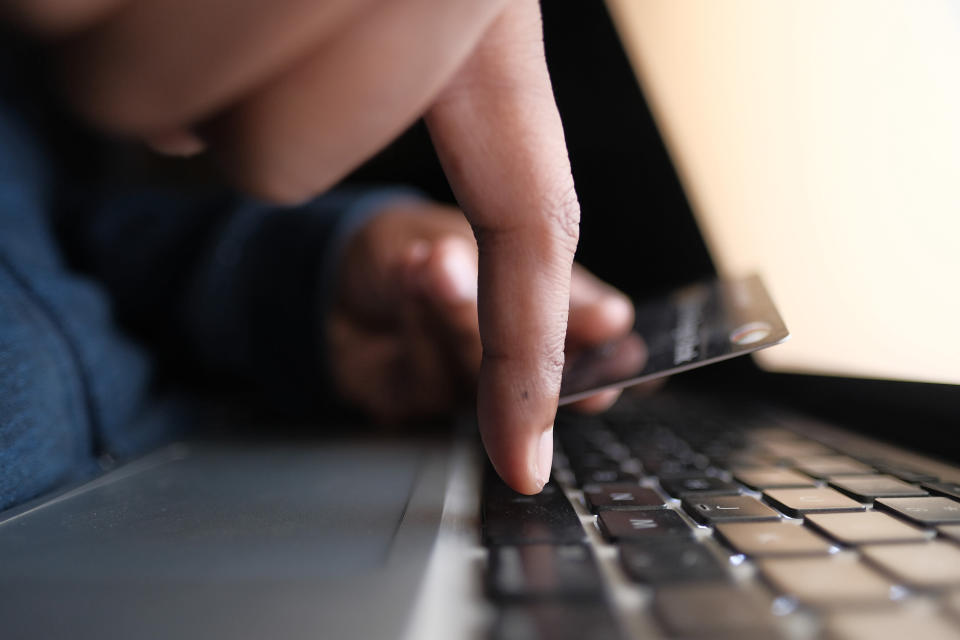Two biggest risks of using buy now, pay later services

You normally have to jump through a few (albeit easy) hoops to get approved for a credit card at any bank these days.
You’ll need to provide your personal details, your salary and your average spend (like bills, rent/mortgage, childcare), all to prove you can afford credit card repayments on top of your regular expenses.
All of that changed when buy now, pay later (BNPL) services arrived and took the world by storm, offering unprecedented access to credit and instilling pretty shocking spending and saving habits amongst the younger generation.
Related article: Is it too late to buy Afterpay and these high flying ASX shares?
Related article: Why the Afterpay share price is racing higher today
Related article: Borrowers Beware: This About-Face on Payday Loans Could Cost You
One of these BNPL services, Afterpay, which is tipped to hit a share price of $32.30 this year, allows you to purchase items from supporting stores (online and in-store) using their credit, and repay them in fortnightly instalments over eight weeks.
Sounds good, and easy, right?
While some of you might be gunning it for those $200 jeans you wanted but couldn’t afford, Financialadvisor.com’s James Gerrard says people should proceed with caution.
Here’s why.
Afterpay doesn’t need to know if you can pay them back
Most credit lenders that require repayment in 62 days have to do credit checks of their customers under the National Credit Act, but Afterpay and other BNPL services like Zip found a loophole: require credit repayments in 60 days, and skip the checks.
Gerrard said that, as a result, around 40 per cent of Afterpay users are either students or under 25 years old, and given they don’t need to provide their incomes or expenditure, there’s nothing stopping them from spending money they don’t have.
Afterpay lets you loan up to $500 if your payment method is a debit card, or $1,000 if it’s a credit card.
That’s a pretty high debt for a student or young professional, and it’s a consistent debt if you’re using it regularly.
Defaults will mark your credit score
Afterpay’s default penalty isn’t that scary: if you miss a payment, you’ll cop a $10 late fee, and if you fail to pay it within a week, you can add another $7 to that.
For any order that’s over $40, you can be charged late fees totalling 25 per cent of the order, or up to $68.
But did you know that if you fail to make repayments, Afterpay can report it to a credit reporting bureau, like Experian?
Gerrard says this is critical, as later down the track when you’re ready to buy your first home or apply for a car loan, you could be rejected by the bank.
His advice?
Save up before you spend up.
Make your money work with Yahoo Finance’s daily newsletter. Sign up here and stay on top of the latest money, news and tech news.

 Yahoo Finance
Yahoo Finance 